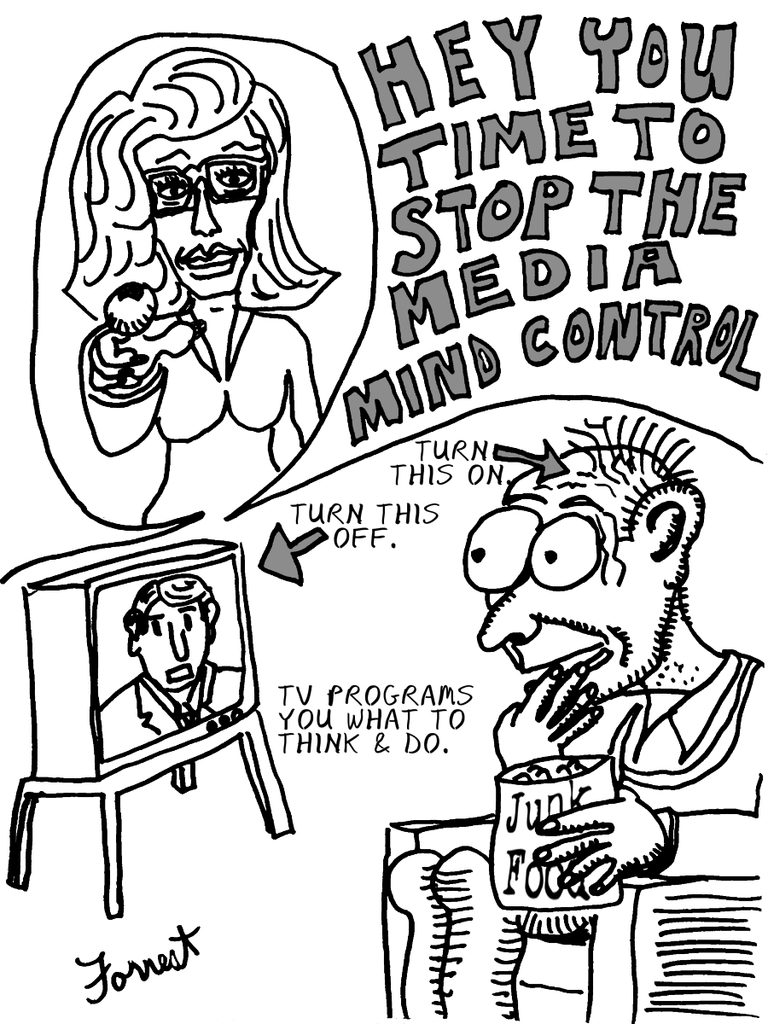
Smartphones can influence and manipulate cognitive functions and behaviors in various ways, as shown by recent research. Here are some key findings:
Impact on Cognitive Functioning: A study by Hadar et al. (2015) found that introducing smartphones to individuals who were previously unfamiliar with them led to increased delay discounting and decreased information-processing ability.
Problematic Smartphone Use and Mindfulness: Research has shown a reciprocal relationship between mindfulness and problematic smartphone use. Problematic users tend to have lower levels of mindfulness, particularly in the facets of acting with awareness and non-judgment. High attentional impulsivity, which reflects diminished executive control, mediates the relationship between low mindfulness and addictive smartphone use.
Behavioral Changes through App Limits: Encouraging the use of soft commitment devices, such as app limits (e.g., "Screen Time"), can significantly reduce smartphone and social media use. This suggests that self-control issues related to smartphone use can be addressed through psychological interventions.
Mood and Focus Improvement: Blocking mobile internet on smartphones has been shown to boost mood, sharpen focus, and improve mental well-being, indicating that simple changes in smartphone usage can have positive cognitive effects.
Neural Control with Smartphones: Scientists have developed a device that can control specific brain circuits using a smartphone-controlled brain implant. This technology has the potential to advance research and treatment of brain diseases such as Parkinson's, Alzheimer's, addiction, depression, and pain.
These findings highlight the multifaceted ways in which smartphones can influence cognitive and behavioral patterns, both positively and negatively.

Television can be seen as a form of mind control due to its ability to influence viewers' thoughts and behaviors. It can shape public opinion and beliefs through the content it broadcasts, often funded by corporations that may have specific agendas.
Critics argue that television can induce a passive, receptive state in viewers, making them more susceptible to suggestion and less critical of the information presented.
This is partly because the average American starts watching television at a young age and spends a significant amount of time watching it each week.
However, others suggest that while television can be highly influential, its impact depends on the viewer's level of critical thinking and ability to seek out alternative viewpoints.
Television is not inherently mind control, but it can be used to manipulate public opinion and behavior if viewers do not critically evaluate the content they consume.
The idea of television as a tool for mind control is also explored in popular media, where it is often depicted as a method to alter or control individuals' thoughts and behaviors.